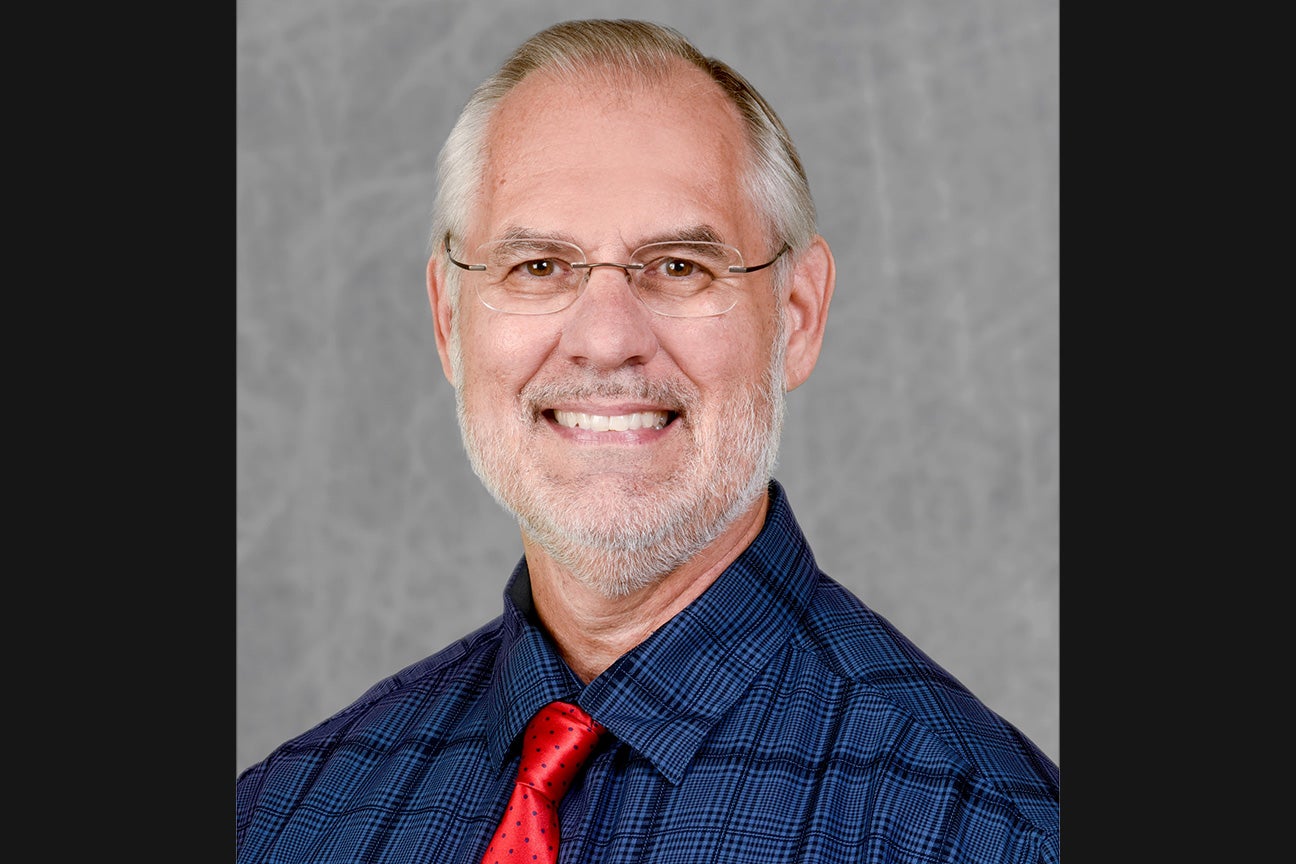Bipartisan School Safety Agreement is Possible – But Not Gun Control
Published 8:44 am Wednesday, March 28, 2018
By COLIN CAMPBELL
RALEIGH — More so than any other school shooting, the recent Parkland, Fla., tragedy has inspired North Carolina politicians to Do Something.
But what’s the Something? Everyone seems to have a different idea, and it’s unclear what — if anything — has enough support to pass the legislature.
N.C. Democrats, predictably, are joining the students from Parkland in calling for gun control measures. Legislative Democrats and Gov. Roy Cooper have a laundry list of proposals, including raising the age to 21 for buying assault weapons, requiring back-ground checks to buy semi-automatic weapons, and banning the sale of “bump stocks,” which turn those semi-automatic weapons into machine guns.
Democrats say those measures should garner bi-partisan support, but so far they can’t name a Republican legislator who’s joining them. While some of the Democrats’ proposals poll favorably at the national level, GOP lawmakers here aren’t eager to pick a fight with the NRA.
North Carolina’s legislature has been moving the other direction. A bill that passed the House last year would eliminate the requirement for concealed-carry permits for adults who are at least 18 and are not otherwise prohibited from owning firearms. The Senate hasn’t taken up the bill, but it’s under pressure from pro-gun groups to do so this year.
Unless Democrats win control of the legislature in this year’s election, you can safely bet North Carolina won’t be tightening gun laws anytime soon. A new N.C. House committee on school safety held its first meeting last week, but it’s avoiding any gun debate, which House Speaker Tim Moore called “a discussion for another time.” That seems to apply both to gun control and the idea of arming teachers, which only a few Republicans are pushing for.
Taking guns off the table still leaves plenty of ideas to consider, and the com-mittee spent hours brain-storming the possibilities. “The deal is there’s no single solution to this situation,” Moore told the committee.
Based on last week’s discussion and the legislature’s political re-alities, here are some of the proposals that actually stand a chance:
– Mental health: Both parties agree that the state’s mental healthcare system must be improved to help prevent shootings. Rep. Sarah Stevens, R-Surry, said her county recently had a naked man in a tree threatening to stab police, but “they couldn’t get him off the street” and into a treatment facility.
Democrats want more funding for school counsel-ors and psychologists and more tools for judges to issue protective orders to temporarily remove guns from people deemed dangerous for mental health issues. That last idea might be considered too close to gun control, but the rest is politically feasible — if lawmakers can find more funding for mental health programs.
– Secure school buildings: Legislators noted that many schools in this state are in older buildings that are harder to keep secure from intruders. Rep. Michael Speciale, R-Craven, describ-ed a school where the outdoor recess area borders a busy road — a layout he says is a safety concern.
Funding for new security technology is one option lawmakers might consider. Hubert Peterkin, the sheriff of rural Hoke County, told WRAL News that he wants teachers and staff to have a phone app that can immediately alert the entire school and law enforcement of an active shooter. He also called for electronic peri-meter security devices a-round campuses and better video security camera systems.
– Armed guards: State law already allows sheriff’s departments to train and arm former police officers and military veterans as volunteer school security — and several rural counties are pursuing this option in the wake of Parkland.
Rep. Allen McNeill, R-Randolph and a retired sheriff’s deputy, said the law needs tweaks to be effective, particularly in training requirements. And Demo-crats are raising red flags about military veterans patrolling schools. “By their very nature, they’re trained to kill,” said Rep. Marvin Lucas, D-Cumberland. “What if we hadn’t property screened them, and we have the reverse of what we wanted?”
The committee’s work is just beginning, and any House proposal will need to find support in the Senate. The strong emotions sur-rounding school shootings make it a herculean political task, but it’s one that’s essential.
___
Colin Campbell is editor of the Insider State Government News Service. Follow him at NCInsider.com or @Raleigh Reporter. Write to him at ccampbell@ncinsider.com.




